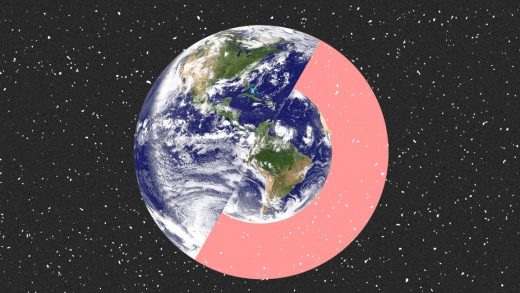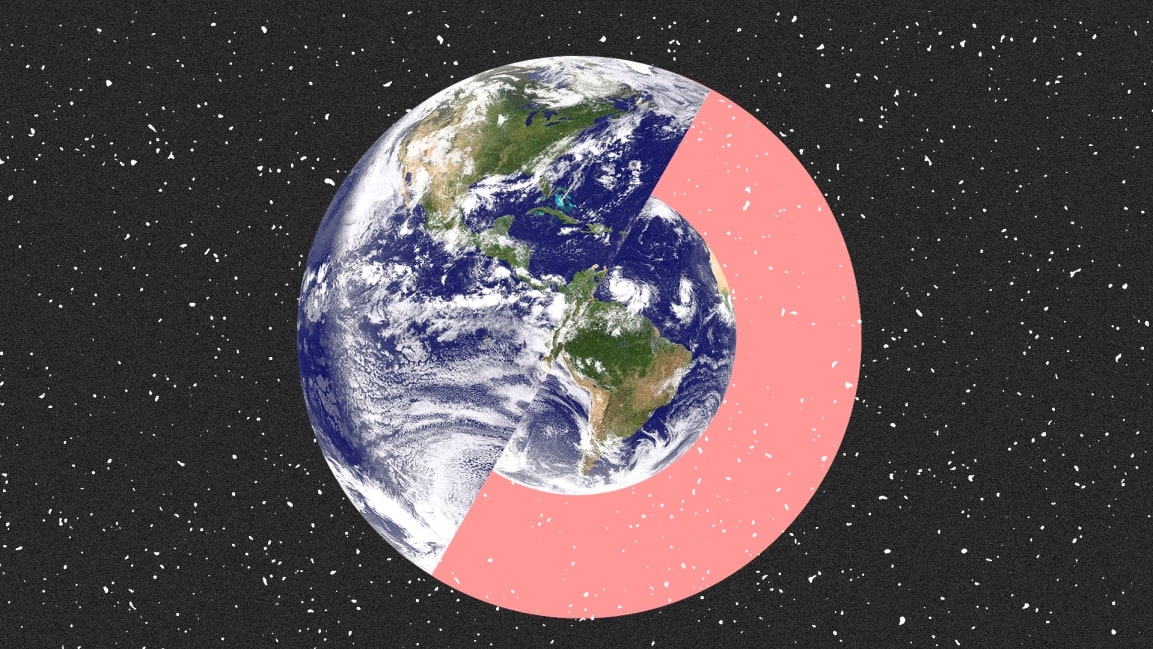Climate change has made rich countries richer, and poor countries poorer
The countries that will be hardest hit by climate change in the future are the ones that have done the least to cause it–and a new study shows that they’ve already been hit economically by the global warming that has happened so far.
Some rich countries, such as Norway and Sweden, have grown richer as they’ve warmed since the middle of the 20th century, while poorer countries such as Nigeria and India are now poorer than they otherwise would have been. The study, published in Proceedings of the National Academy of Sciences, looked at the changes in inequality between 1961 and 2010. They found that the wealth per person in poor countries was 17%-30% lower because of climate change. The gap between the richest and poorest countries is around 25% larger than it would have been if the climate were stable.
“Economic inequality is a complex challenge,” says Noah Diffenbaugh, a geoscientist and professor of earth system science at Stanford University, and lead author of the study. “The good news is that globally, inequality between countries has decreased over time. But our results show with very high confidence that global warming has slowed that progress.”
Previous research established a link between economic growth and temperature. Heat waves hurt crops and make people less productive. In a cold country like Sweden, an increase in annual temperature can have some benefit, at least to a certain point (Sweden is already starting to also see negative impacts from climate change, including the massive wildfires that spread through the country in 2018). But after countries pass an optimum point for temperature, the economy suffers. The researchers combined previous estimates about the effect of warming on the economy with data from more than 20 climate models, and calculated more than 20,000 versions of each country’s potential growth rate without climate change. The differences were often stark: India’s economy, for example, is 31% smaller now than it would have been if global warming wasn’t happening.
The planet has warmed about 1 degree Celsius since the beginning of the Industrial Revolution. If countries manage to meet their commitments to the Paris climate agreement–something that is not yet on track to happen–we may limit warming to 2 degrees. But even that would further hurt economies. “It makes intuitive sense that twice as much warming would cause more impact than half as much warming,” says Diffenbaugh. And it’s increasingly likely that warming may not stop at 2 degrees. Even if all countries act on climate change, the planet could warm 3 degrees, according to the U.N. World Meteorological Organization. Some of the most polluting countries have climate policies that are in line with 5 degrees of warming. As developing countries expand access to energy–something that is critical for economic growth–it’s critical that they focus on renewable energy to avoid adding to the problem and erasing some of the benefits of that growth. “Our results suggest that increasing energy access with technologies that don’t cause further warming will have a substantial secondary development benefit,” Diffenbaugh says.
(30)



